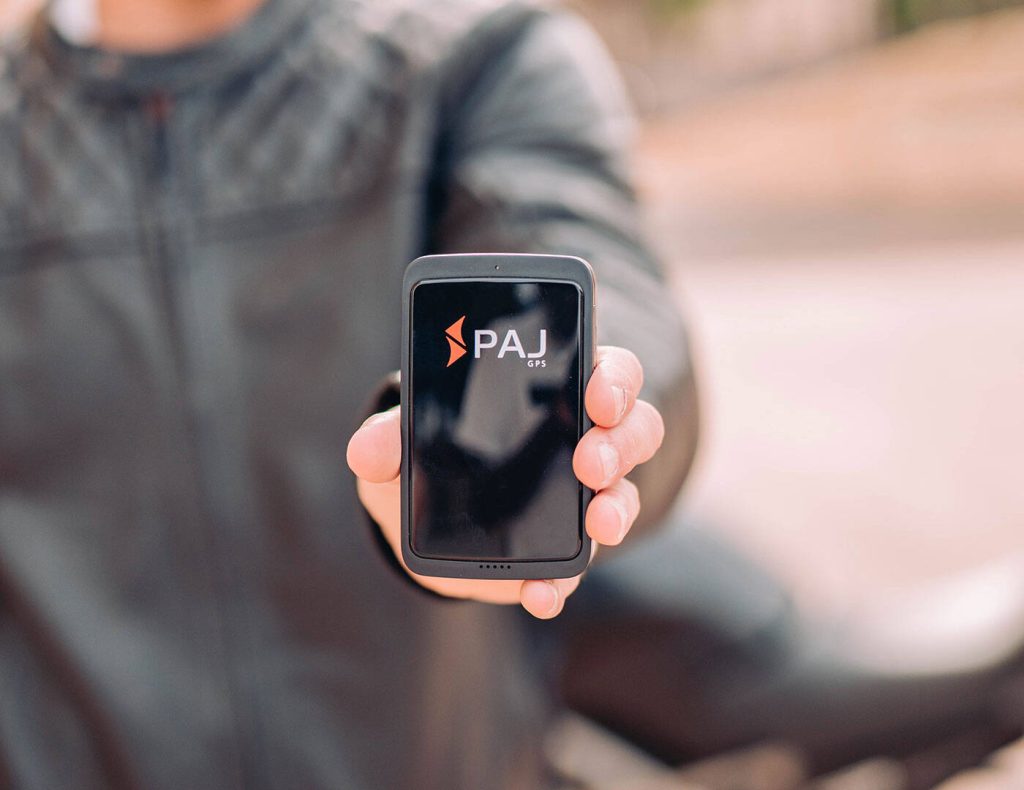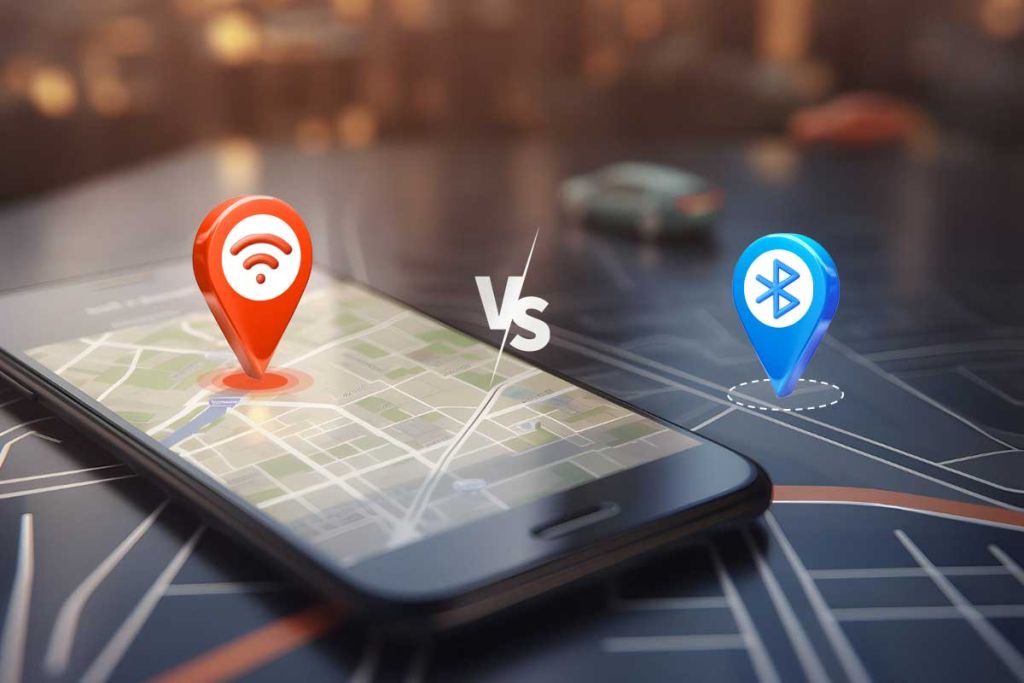Bluetooth Tracker or GPS Tracker?
You have heard of rising tracking technologies that help to track your valuables effortlessly. Two such tracking technologies are Bluetooth tracker and GPS tracker. While both are helpful in tracking, they are distinctly different technologies and offer unique features. And these differences are what we are analyzing here, so you can buy what suits best for you.
What are Bluetooth Trackers
Everyone using a smartphone has heard about Bluetooth, but can this technology used for tracking purposes? Yes they can. Bluetooth trackers are small, wireless devices connected with smartphones or other Bluetooth-enabled devices to track personal items. They can offer tracking range around 100 to 200 feet, within which they can effectively communicate with a connected device. They are ideal for finding lost items within a nearby vicinity. Since they are small, they can be easily attached to keychains, slipped into wallets, or adhered to various other personal items. One of the best features of Bluetooth trackers is that they offer a user-friendly experience, often featuring a simple app interface that shows the proximity of the tracked item. They can also trigger an audible alert on the tracker.
What are GPS Tracker
GPS or Global Positioning System is a free service provided by the U.S. government to pinpoint any location. The Global Positioning System has three parts: a satellite constellation, a base station and GPS receiver.
A satellite constellation consists of 24 GPS satellites that revolve around the Earth. These satellites frequently transmit orbital parameters and signals to Earth. The GPS receiver decodes these signals, providing precise location information for tracked objects. A base station manages and maintains the satellites.
Bluetooth Tracker vs GPS Tracker
I hope we are clear about how a Bluetooth tracker and GPS tracker work. Now, let us look into their features and differences.
1. Coverage
A Bluetooth tracker coverage is limited as they are only effective within a radius of about 100 to 200 feet. This range makes them suitable for locating items lost nearby. However, GPS trackers offer worldwide coverage thanks to the use of satellites for tracking. It makes them ideal for tracking vehicles or assets over long distances.
2. Precision and Reliability
Bluetooth trackers capability of tracking an object rely solely on the proximity of a connected device. But in the meantime, their accuracy can be affected by obstacles like walls or interference from other devices. But in the case of GPS trackers, they offer more precise location tracking, as they use satellite signals to pinpoint the exact location. Locators can sometimes be affected by climate conditions.
3. Battery Life and Maintenance
In case of battery life, Bluetooth trackers are a different beast. They have a longer battery life, some even lasting up to a year, and many models come with replaceable batteries. GPS trackers have a shorter battery life and need frequent charging as they require more power to maintain a constant connection to satellites. Some PAJ GPS devices can work Up to 20 days of continuous operation and up to 40 days in standby mode.
4. Price factor
Bluetooth trackers are typically cheap compared to GPS trackers. As they usually don’t require a subscription service. And for GPS trackers to track with precision and accuracy, a monthly or yearly subscription plan needs to be there.










